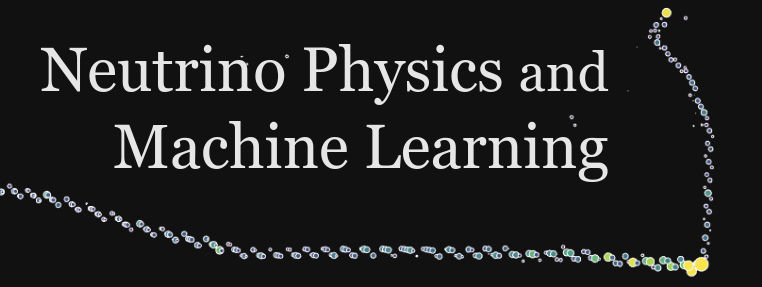Speaker
Description
Deep neural networks are becoming increasingly pervasive in science and engineering applications. These networks are often treated as high-fidelity models with accurate predictive powers by end users. However, even predictions from a trained neural network may contain significant
errors and uncertainties due to bias, noise and complexity of the data; the volume of the training data; the nature of the error minimum chosen during optimization; and the hyperparameters and network structure, etc.
In safety critical applications, such as autonomous vehicles, particle physics, etc ignoring this
uncertainty may have grave consequences. In such cases along with accurate predictions, users require reliable estimates of uncertainties in model predictions. In this context, Bayesian Neural Networks (BNNs) are opportune as they amalgamate the predictive
ability of neural networks with the uncertainty quantification due to the Bayesian formalism. In this investigation, we apply Bayesian Neural Networks to a variety of problems germane to Neutrino physics. The accuracy and coverage of Bayesian Neural Networks is reported and analyzed across this cross section of problems. Additionally, we compare and contrast BNNs to other approaches such as Model Ensembling to analyze their efficacy at quantifying uncertainties.



